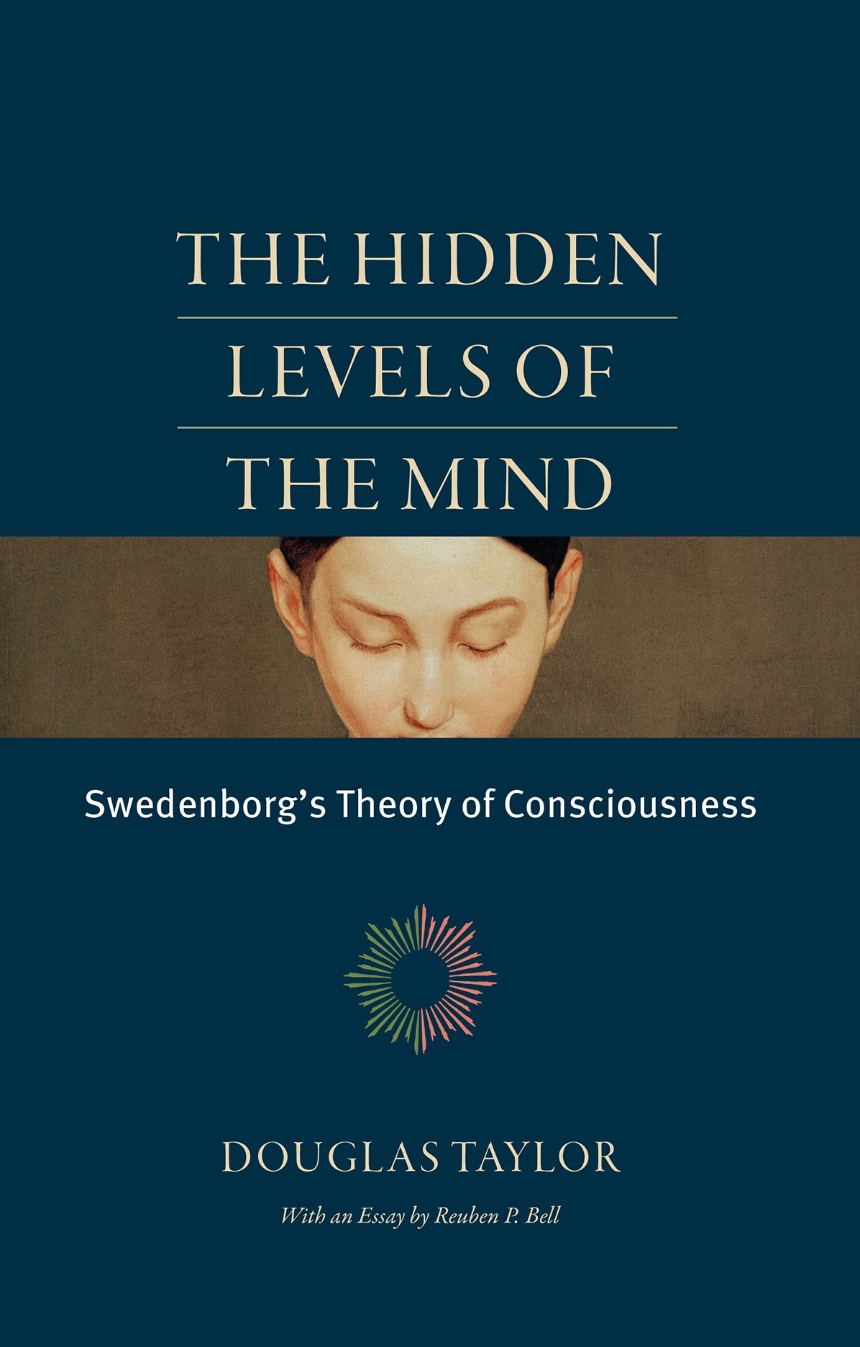Distributed for Swedenborg Foundation Publishers
The Hidden Levels of the Mind
Swedenborg’s Theory of Consciousness
At the core of Swedenborg’s thought is the understanding that our purpose in this life is to progress spiritually—to learn, to grow, to do good works, and, ultimately, to allow as much of God’s love as possible to enter into us and manifest through us.
Scattered throughout his works are descriptions of our mind and how it relates to both the physical and spiritual worlds. In this book, Taylor pulls these loose threads together and weaves them into a simple, coherent whole, presenting Swedenborg’s teachings as a system that anyone can follow. Taylor describes the external or natural mind as primarily concerned with material things, and the inner mind, in its essence, as love. As we elevate our thoughts toward higher and higher types of love and wisdom, we draw closer to God and begin the process of regeneration, or rebirth as spiritual beings.
This is the first time in many decades that a book has been published on Swedenborg’s philosophy of the mind. Taylor’s straightforward commentary gives readers a rare insight into this crucial aspect of Swedenborg’s theology.
Excerpt
The higher levels of the mind constitute what Swedenborg calls the internal mind. We can also think of it as the supra-conscious mind, as opposed to the conscious mind and the subconscious mind that Sigmund Freud wrote about. While the subconscious mind exists below our conscious awareness and houses our less-than-perfect impulses, the supra-conscious mind exists above our conscious awareness and can lift us up above the influences of the subconscious. This internal mind is in contrast to the external or natural mind, which we will discuss below.
Spiritually speaking, the internal mind belongs to heaven, since its ruling or predominant love is either love for the Lord or charity toward the neighbor. In fact, it could also be called the heavenly mind. This is where the Lord dwells with us.
It is important to realize that everyone, no matter what his or her heredity or environment, has that internal mind. There are no exceptions. As we read in Swedenborg’s Secrets of Heaven, “In the internal mind are nothing else than goods and truths that are the Lord’s . . . In every person (there is) a celestial and a spiritual level that corresponds to the angelic heaven” (§978; see also §1594:5).
Although our internal mind is above our conscious awareness while we are on earth, when we pass into the spiritual world (and if we become an angel there), we gain the wisdom of either the spiritual or the celestial level of heaven, depending on which one of those two higher levels of our mind most often flowed down into us while we were living in this world.
In marked contrast to the sublime reaches of our internal mind is the conscious mind that we use in our daily life: the lowest level of our mind, the natural or earthly level. If you are reading this book and understanding it (or even not understanding it!) you are using your conscious mind, which is also called the external mind. This, Swedenborg often points out, is not the same thing as our brain. Since the mind is the person, the term external mind refers to that part of us that is conscious of the world around us. Our body (of which the brain is a part) exists only to allow us to function on the physical plane.
With the internal mind focused on heaven and the external mind focused on this world, it’s easy to see how the two can be in conflict. This is the cause of our temptations; they represent our struggle to make our external mind submit to our higher levels. Our natural mind is the only part of us that can be out of heaven’s order, cause trouble, and be perverted. It often is—we all know that from experience! It is our natural mind that exercises free will, and it is there that we choose either to obey the Lord or disobey. When our external mind is aligned with our internal mind, it is because we have chosen self-compelled obedience.
Our natural or external mind, then, is the source of all our problems, individually and collectively. In order for us to progress spiritually and move toward heaven, our natural mind needs to be reformed and regenerated—to be reborn. This, says Swedenborg, is what is meant by John 3:3: “Most assuredly, I say to you, unless one is born again, he cannot see the kingdom of God.”
In order for this to happen, our internal mind must take possession of and transform our external mind. But how is this done? How, in other words, can we let heaven’s influence flow into us?

